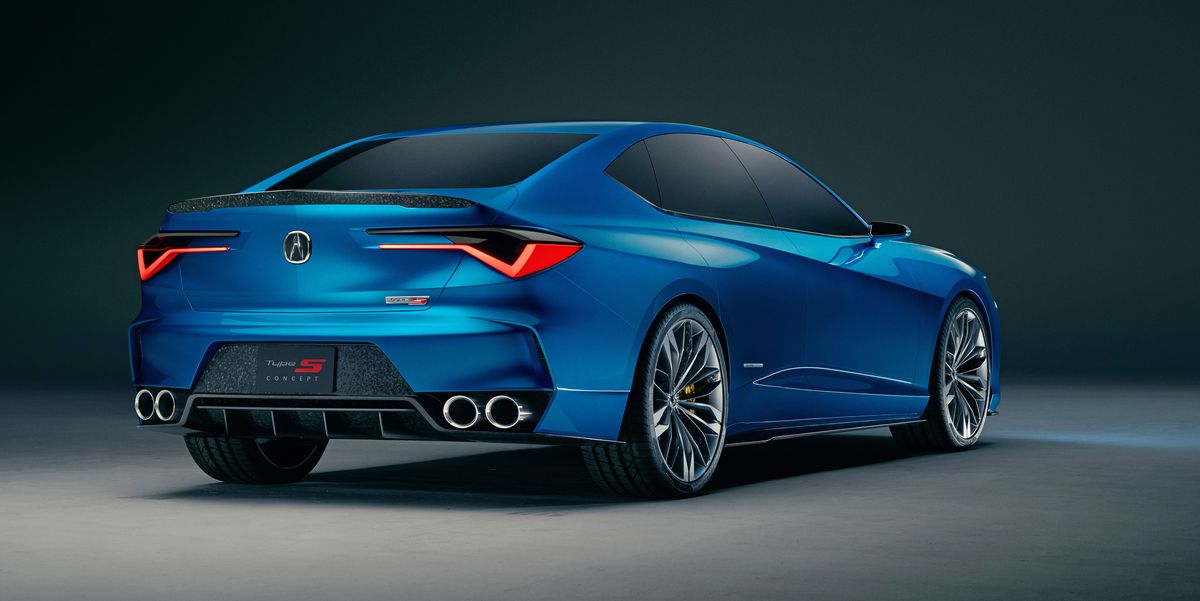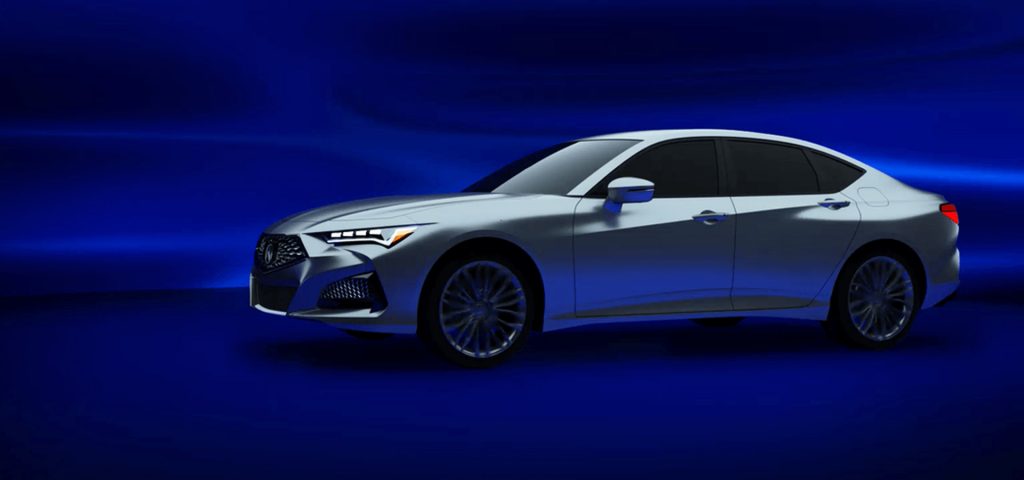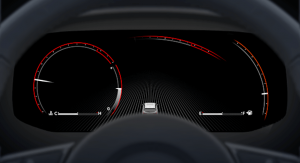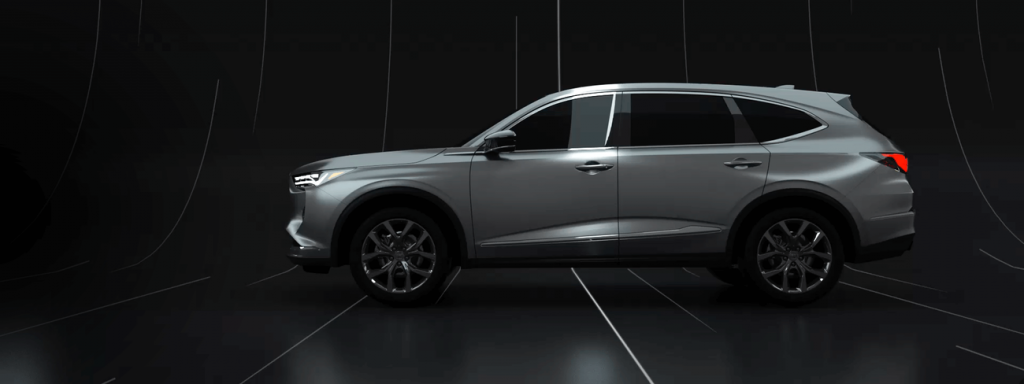Sounds like a reliability nightmare to me. An extremely fast spinning motor in close proximity to a high heat source is how their F1 engines suffered for years. There are many ways to make a high specific output twin-turbo engine work just as well. Electric turbo is an extremely expensive and potentially unreliable gimmick. It sounds very very cool but doesn't work well in the real world. In motorsport? Amazing if done right. If you look at F1 engine R&D budget majority of it goes to making MGU-H reliable.
Toyota actually dismissed the electric turbo idea when they evaluated next-gen lean-burn engines because it doesn't meet their efficiency target. In real world there is not a lot of opportunity to recover enough exhaust energy to make up for the pumping loss, unlike in the case of racing cars. Instead the right way to go is an electric supercharger. Less harsh operating conditions, more efficient. They are actually testing this idea without saying it out aloud: it's in the Mirai's air compressor system. I expect it to be deployed on selected next-gen engines.
I just wanted to vouch for his answer as well. The reason why Honda was f*cking garbage in F1 was exactly because of what
@ssun30 mentioned. They only started started to get their act together ~5 years after they joined F1, and they still have the worst power unit out of the 4 engine suppliers. Mind you, Ferrari and Renault had some small problems as well when the hybrid era first came to F1, but they quickly got over those issues and their engines are top notch. I don't think I need to mention Mercedes' power units heh.
However I do want to make a counterargument though. Ferrari's, Renault's, and
obviously Mercedes' (their power units are absolutely monstrous beasts) power units are pretty stout so there is a lot of hope that this technology can be proven reliable over the course of time.
The fact that these guys had these turbo-hybrid power units in F1 since 2014, and they're being used in a high pressure environment like F1, where you're only legally allocated 3 power units per season (any more then you'll get penalties), and are driven hard for tens of thousands of kilometres all out on the racetrack, I think it's safe to say it will be
very reliable in a road car application in numerous climates, environments and also can take a lot of abuse as well.
I've always said that hybrid power units are the future. There's too many issues with electric motors be it with the car's dynamics or the environmental impact that the mining and producing of those electric motors also create as well as them being quite tough to recycle, I don't see it as the best solution even in the long term, let alone now. With normal ICE's becoming even better than ever in terms of performance and efficiency and with small electric motors being lighter and more efficient to produce (not the crazy skateboard batteries that are in Tesla's but the small batteries that you currently see in hybrids) you're able to essentially cancel out the negative effects of each other while having the positives.













